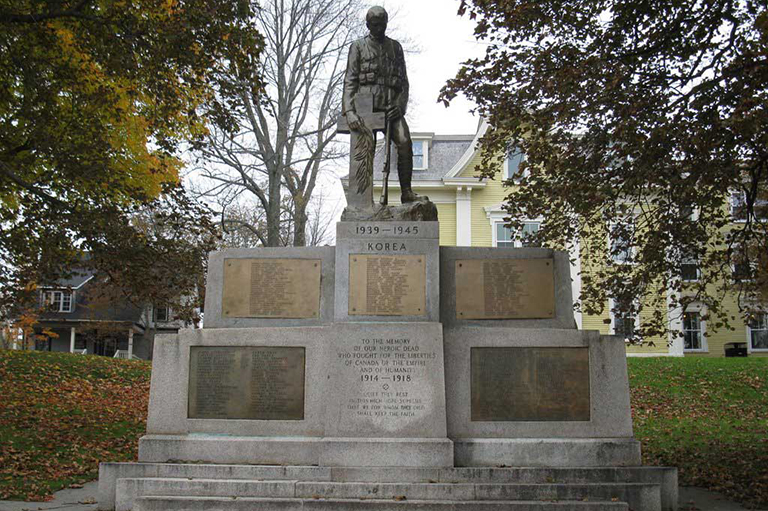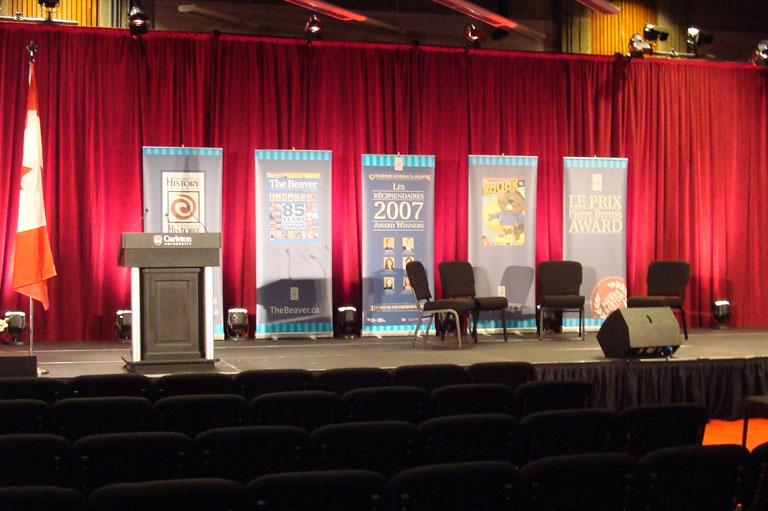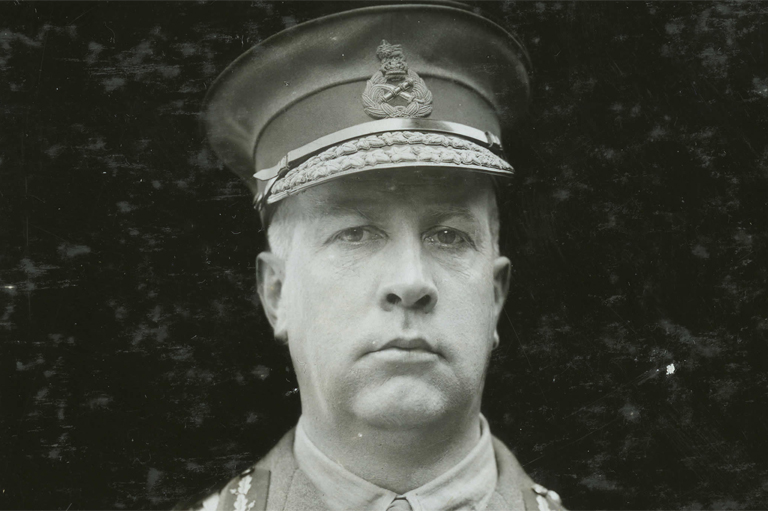Forgotten Victory
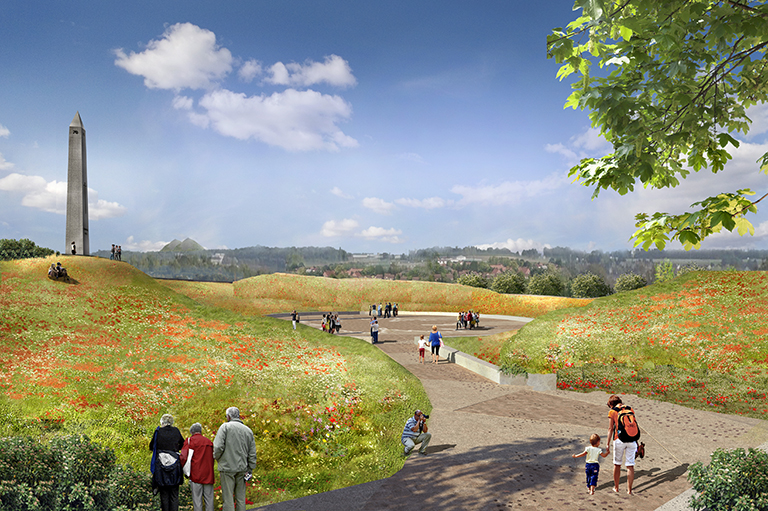
“We went down in these tunnels that really hadn’t seen the light of day for ninety years,” explains Hutchings.
The tunnels were used by the men who attacked Hill 70 in August 1917. Etched in the walls of the tunnels were the symbols and names of the soldiers who had passed through nearly nine decades before.
“Having seen the writing on the wall of these of these many soldiers who stood there waiting for the whistle to go,” describes Hutchings, “we could then walk through the cemetery and see their names on the tombstones in the cemetery only one hundred yards away. It was quite a remarkable experience to do that”
But something was missing as Hutchings followed the footsteps of the Canadian soldiers to the top of the hill. He asked his new guide, “Where’s the monument?”
“He said, ‘exactly….where’s the monument?’”
That question helped to set in motion the Hill 70 Memorial Project, which will see its work culminate this summer with the unveiling of a new monument in France.
The Battle of Hill 70 took place in August 1917, only months after the victory at Vimy Ridge. It marked the first time that Canadian General Arthur Currie commanded the Canadian Corps in battle. More than nine thousand Canadian soldiers were killed or wounded during the fight.
Hutchings, the Chair of the Board of the Directors for the project, and more than forty volunteers have dedicated their time to raise awareness about the battle.
Their work includes the publication of several books, including a graphic novel for young Canadians, and a compendium of new work from leading historians such as Tim Cook and Jack Granatstein (read our review here).
There is also an extensive education program for Grade 10 students across Canada. Susan Everett, a retired teacher and principal, developed a package of education material that has been distributed to 3,400 high schools across Canada in English and French.
The final piece of this work is a new monument at the site of the battle in France.
“Our monument is right on the start line of the Canadian Corps for the attack and in fact it’s virtually in the trenches of the 10th Canadian Battalion,” describes Hutchings. “We could hardly have got a better site. It’s in a city park, a lovely setting, and very touching.”
The monument was designed by Canadian architect Sarah Murray. It consists of a solid stone obelisk that reaches a height of 70 metres above sea level — the same height as the contour line of Hill 70.
The monument will be dedicated at a private ceremony in April and officially opened to the public in August on the one-hundredth anniversary of the battle.
“Anytime there was something hard to do, it was the Canadian Corps that was sent in,” explains Hutchings. “Hill 70 must not be forgotten.”
Canadians wishing to support the work of the Hill 70 Memorial Project can learn more or donate at Hill70.ca.
Themes associated with this article
Advertisement
You might also like...
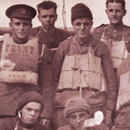
The war that changed Canada forever is reflected here in words and pictures.

